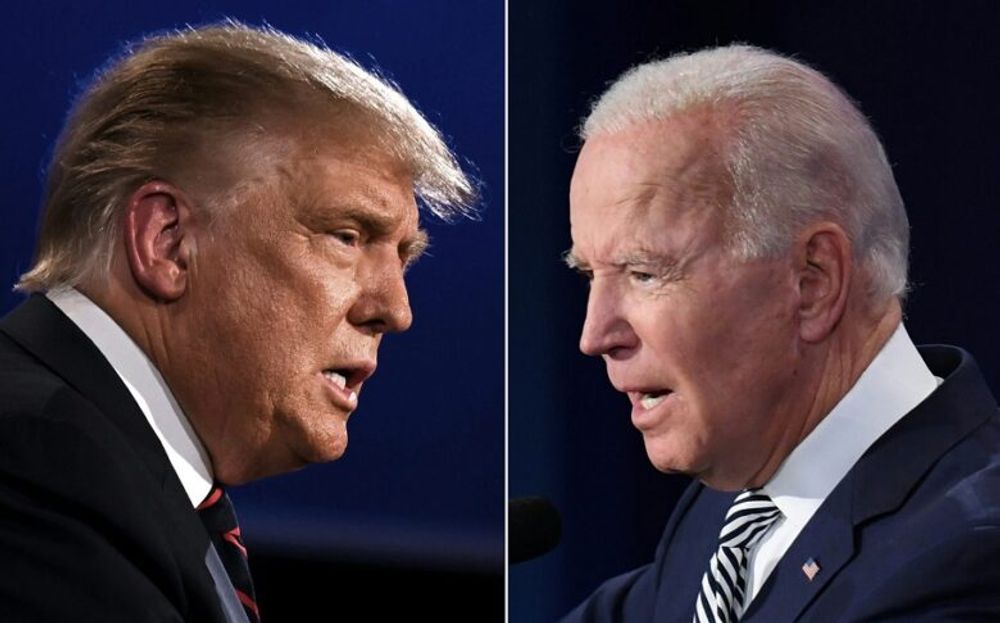
Understanding the US Senate Runoff Elections in Georgia
Two key U.S. Senate races remain undecided from November’s general election. Both are in the southern state of Georgia, where President-elect Joe Biden became the first Democrat to win the state since 1992. The outcome of these runoff elections may determine how much Biden can accomplish with Congress once he is inaugurated as president.
What is a runoff election?
A runoff election is a second, or follow-up election, in which the top two vote-getters run against each other. Runoff elections occur when no candidate meets a certain threshold of votes to be declared the winner. Georgia election law requires a candidate to win a majority of votes (50%+1) to be elected to office. If no candidate wins a majority of votes, a runoff election of the top two candidates is held.
Has Georgia always used a runoff?
No. The runoff system was instituted in 1964 after the U.S. Supreme Court upheld a ruling that found Georgia’s election system violated the Equal Protection Clause of the 14th Amendment of the U.S. Constitution because votes cast in small rural counties counted more heavily than votes cast in large urban jurisdictions. A 2007 U.S. Interior Department study said Georgia’s runoff system was proposed to “circumvent” the Black voting bloc.
Do other states use runoff elections?
Louisiana uses a runoff election system but holds no primary elections. All candidates for local, state and federal office, regardless of party affiliation, are on the same ballot in either October (odd-numbered years) or November (even-numbered years).
Who are the candidates in Georgia’s runoffs?
In one election, Republican Sen. David Perdue is running against Democratic challenger Jon Ossoff. Perdue narrowly missed reaching the majority threshold in November. The other election has Democrat Rev. Raphael Warnock challenging Republican Sen. Kelly Loeffler. They received the most votes in a field of 20 candidates.
When will the runoff elections take place?
Both will be held Jan. 5, 2021.
What is at stake?
The outcome of these elections will determine which party controls the U.S. Senate. Currently, Republicans hold a 50-48 margin. If they win one of the two seats, they retain control of the 100-seat Senate. Democrats need to win both runoff elections to control the Senate because the U.S. vice president casts a vote in case of a tie. Democrat Kamala Harris will become vice president Jan. 20, 2021.
Why are two Senate seats being contested in the same state?
Perdue’s six-year term expires this year. Loeffler was selected by Georgia Gov. Brian Kemp in December 2019 to fill the vacancy caused by the retirement of Sen. Johnny Isakson. Loeffler and Warnock are competing for the remaining two years of Isakson’s term.
What has happened in past runoff elections in Georgia?
Democrats last won a statewide runoff election in the state in 1988. Republicans have won the seven runoffs since then.
Tags
America's Voice Newsvoa newsvoa news 2020real america's voiceunderstanding the us senate runoffus senate runoff electionsvoa news 12-12-20 Should the Coronavirus vaccine be optional or mandatory for U.S. citizens?Next PostUS Set to Vaccinate High-Risk Health Care Workers
Should the Coronavirus vaccine be optional or mandatory for U.S. citizens?Next PostUS Set to Vaccinate High-Risk Health Care Workers







